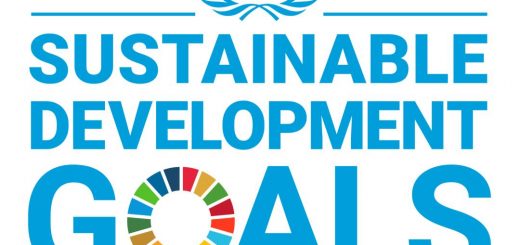What Will the Future of Jobs Look Like Between 2025 and 2030?
Source: Future of Jobs Report 2025

The world of work is undergoing unprecedented transformation, fueled by technological innovation, demographic shifts, and environmental imperatives. The World Economic Forum’s Future of Jobs Report 2025 offers a comprehensive analysis of these trends, revealing their impact on global employment and skill requirements. With 22% of current jobs set to change by 2030, the report underscores a need for proactive adaptation. Notably, insights from India highlight its pivotal role in shaping the future workforce landscape, driven by a growing young population and technological advancements.
Technological Advancements:
AI, robotics, and automation are expected to reshape industries. Generative AI alone has driven an eightfold increase in investments since 2022, fueling demand for skills in AI, big data, and cybersecurity.
- Green Transition: Jobs related to renewable energy and environmental engineering rank among the fastest-growing roles, reflecting efforts toward carbon neutrality.
- Demographic Shifts: Aging populations in high-income countries and a demographic dividend in regions like India and Sub-Saharan Africa will drive divergent workforce strategies.
Projected Job Growth and Decline
- By 2030, 170 million jobs are predicted to emerge globally, while 92 million will be displaced, resulting in a net gain of 78 million jobs.
- Technology-related roles such as AI specialists and software developers are among the fastest-growing, while clerical roles like data entry and postal services face steep declines.
Skills Outlook: Navigating the Evolving Landscape
The Future of Jobs Report 2025 highlights a dynamic shift in skill requirements, with 40% of existing skills expected to become outdated by 2030.
- Core Skills in Demand: Analytical thinking remains the most sought-after skill, complemented by creative thinking, resilience, and leadership capabilities. Employers also value flexibility and the ability to adapt in uncertain environments.
- Technology-Driven Skills: AI and big data dominate the fastest-growing skillsets, with cybersecurity and digital literacy also critical to addressing the challenges of a rapidly evolving digital ecosystem.
- Upskilling and Reskilling Initiatives: Globally, 59% of workers will need training by 2030. India’s corporate-sponsored programs are helping bridge gaps, with a significant focus on AI and practical applications. This effort positions India as a global leader in workforce readiness.
- Barriers and Strategies: Despite progress, skill gaps remain a major barrier, with 63% of employers identifying them as a challenge. Public policies supporting reskilling and inclusive workforce strategies are crucial to ensuring equitable opportunities.
Green Jobs: Driving Sustainability and Opportunity
The transition to a green economy is not just a climate imperative but also a key driver of job creation. The report identifies green jobs as pivotal in shaping future labor markets:
- Rising Demand: Renewable energy engineers, environmental specialists, and electric vehicle technicians are among the fastest-growing roles. Investments in carbon reduction and climate adaptation have significantly boosted these opportunities.
- India’s Role: India stands out for its green transition efforts, with a 22% rise in job postings requiring green skills globally. The country’s focus on renewable energy and sustainability-related projects is creating pathways for green jobs.
- Challenges in Green Skilling: While green jobs are growing, skill shortages pose a challenge, particularly in emerging economies. Bridging this gap requires investment in training and infrastructure, especially for workers transitioning from traditional industries.
- Future Prospects: As green initiatives expand, prioritizing inclusive skilling will ensure equitable access to these opportunities, creating a sustainable and fair workforce ecosystem.
The Future of Jobs Report 2025 paints a dynamic but challenging picture of global labor markets. For India, the intersection of a growing workforce, rapid technological adoption, and green transitions offers immense opportunities. However, proactive policies, robust reskilling frameworks, and inclusive practices are essential to navigate these changes effectively. As businesses, governments, and individuals adapt, collaboration will be key to building resilient and equitable work ecosystems.


